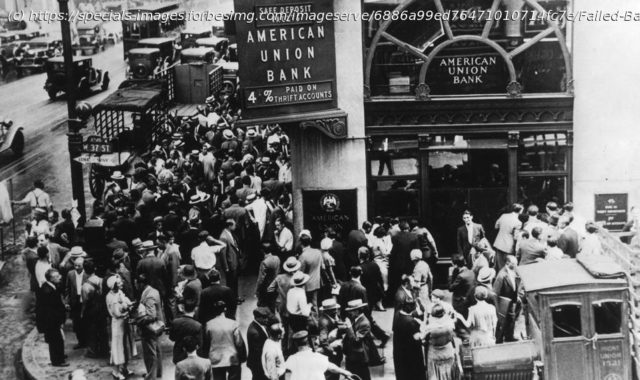Capitalism and greed did not cause the Great Depression of the 1930s. Nor did they cause the Great Recession of 2007–2009.
As we approach our country’s 250th birthday, there is no better time to reflect on where we have been and how we got here. Yet Americans are surprisingly ignorant about our past. One reason: So much bad history has entered the popular culturecourtesy of bad historians, a few bad economists, and some talented writers like Charles Dickens and Upton Sinclair, who didn’t understand history or economics at all.
In this essay, I will address two severe economic downturns: the Great Depression and the more recent Great Recession.
The Great Depression
There are five myths here, beginning with the assertion that the depression was caused by capitalism and greed. Put differently, it’s the idea that the worst economic downturn in our country’s history occurred because of too much individual freedom and too little government.
In contrast, the authors write,
The worst failure was that of the Federal Reserve System, created to be a lender of last resort, providing liquidity to banks in times of a credit crisis. In fact, the Fed stood by, allowing one-third of the nation’s banks to go out of business.
A second myth is the idea that in the early stages of the depression, Herbert Hoover stood by and did nothing. In fact, Hoover was a very activist president. In response to the economic downturn, he raised taxes, increased spending, signed the Davis-Bacon Act (ensuring higher wages on federal construction projects) and the Smoot-Hawley Tariff Act. Like many of Franklin Roosevelt’s policies, most of what Hoover did made things worse, not better.
A third myth is that Roosevelt’s policies saved us from the depression. In fact, they almost certainly caused the depression to extend for 12 years— longer than it did in any other industrialized country except for France. The authors write:
A fourth myth is that Roosevelt united the public in times of crisis. In fact, Roosevelt was a divider, not a uniter. He vilified successful industrialists who opposed his policies as “economic royalists” who made up an “economic autocracy.






